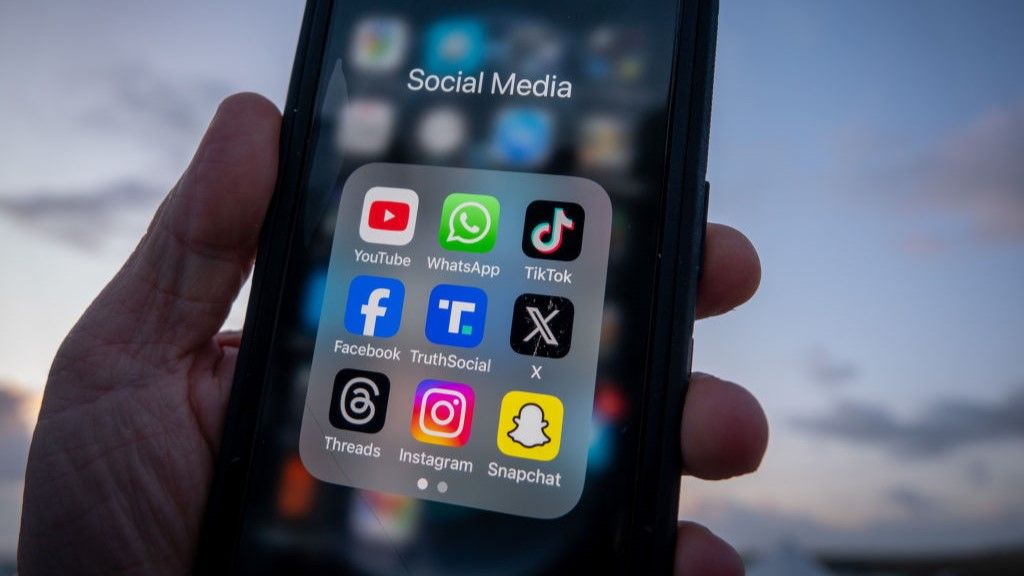People in Mozambique are increasingly resorting to VPN services to bypass ongoing online restrictions in the wake of deadly protests contesting the election results.
Authorities first disrupted mobile internet connections on October 25, as protests erupted across the country the day before. WhatsApp, Facebook, Facebook Messenger, and Instagram all went dark a few days after that, on October 31, making using a VPN necessary to keep using these platforms.
Proton VPN confirmed a 127,830% spike during the day to TechRadar. “Usage continues to rise quickly as internet access remains intermittent,” David Peterson, General Manager at Proton VPN, told me. Other data suggests a VPN demand increase of 2,072% so far.
These numbers aren’t anything but surprising considering that TikTok, Telegram, and YouTube also joined the list of blocked platforms on November 4 – internet watchdog NetBlocks reported. As the tweet below shows, curfew-style mobile internet blackouts are still ongoing as I write.
⚠️ Update: Traffic data indicate #Mozambique is now in the second day of curfew-style mobile internet blackouts. The shutdown follows protests over disputed election results, and is the latest in a series of mass-censorship measures imposed by the government 📵 pic.twitter.com/gaT8mNvovINovember 5, 2024
This is the first time that the East African country has restricted the internet since 2015, when Surfshark began tracking these incidents worldwide – the VPN provider told me. Yet, this is far from the first instance that a government resorted to a social media or internet blackout during political turmoil.
Only last week, another East African country, Mauritius enforced a social media shutdown ahead of general elections. The ban has now been lifted, despite being expected to stay in place until November 11, 2024.
As per Surfshark data, protests are one of the leading causes of social media disruptions, with Facebook alone being disrupted almost 40 times since 2015 for this reason.
Proton recorded VPN usage spikes in at least 14 countries since January alone, with most of these incidents linked to internet restrictions enforced amid social unrest. These include Bangladesh in July, Kenya at the end of June, New Caledonia in May, and Senegal in February.
“At times of political crisis, the answer is never to shut down the internet, or to block social media,” said Peterson. “It is an affront to people’s fundamental rights to freedom of information and freedom of communications, at a time when communication and impartial information are more important than ever.”
Why are people turning to VPNs to bypass online restrictions?
You might have heard of virtual private network (VPN) solutions as a way to be more private when browsing the web. You and your friends have probably tried to use a streaming VPN to access foreign catalogs, too, no matter where you are in the world. Likewise, a VPN can help you bypass other geo-restrictions like those in place on social media platforms in Mozambique right now.
This is because, while encrypting your internet connections to prevent third-party snooping, a VPN also spoofs your real IP address location to trick your internet service provider (ISP) into thinking you’re browsing from a totally different country within a couple of clicks.
Data suggests a VPN demand increase of 2,072% so far
Therefore, if you are currently in Mozambique, all you need to do to keep using all the major social media apps is connect to a VPN server located in a country where these platforms are still available.
As mentioned earlier, many people in the country have already turned to these apps to bypass restrictions. “Thirteen of the top fifteen apps in Mozambique’s Apple App Store are VPN apps, and the top nine apps on Mozambique’s Google Play Store are all VPNs,” Peterson from Proton VPN can confirm.
It’s worth noting a VPN doesn’t work during times of total online blackout as you’ll still need an internet connection to use this tool. In this instance, you should try to access the web via a fixed internet line instead as authorities are only targeting mobile connections at the time of writing.
I strongly suggest checking our guide to the best free VPN apps to download the most secure freebie out there. Free services like the Tor Browser can also help you to workaround internet censorship.





